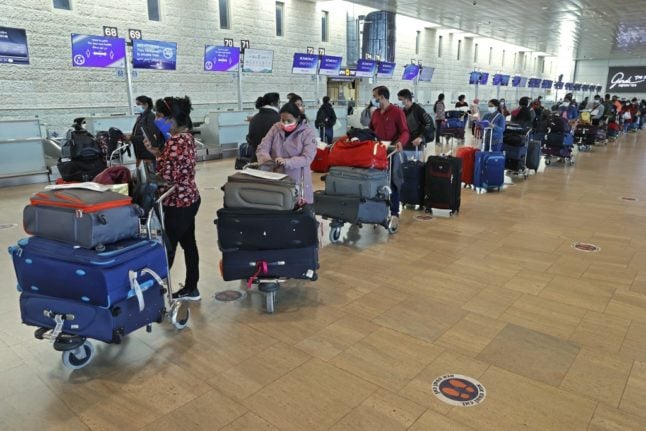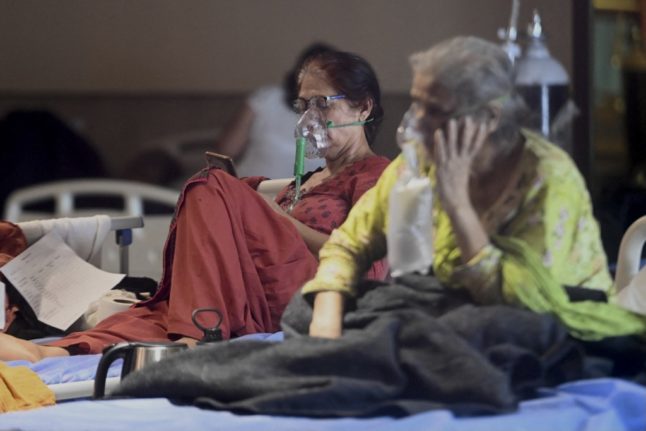I cannot recall much of my early childhood in New Delhi, India; but one thing that stirs me the most even today is that memory of my father telling me India’s Prime Minister Rajiv Gandhi had been assassinated.
Being a Bangladeshi kid spending childhood in India due to my father’s diplomatic posting made me think of the event to a greater extent, especially what it meant and why it happened.
My curiosity to indulge in reading the biography of this gentleman called Rajiv Gandhi started then. At a later point in time I discovered an incident known as the Bofors Scandal.
The Bofors Scandal was a corruption scandal involving Sweden and India in 1990s, and thus it was with a bitter taste back in my early boyhood that I came to learn about a country called Sweden. The country where I am staying today with a much different perception and perspective due to the passage of time.
However, how my ideas about Sweden evolved in a positive direction through my own choices after experiencing Sweden in person is a different story altogether. This is a land of immense innovation; yet people follow “Jantelagen” (the undervaluing of personal achievements) and aspire for “Lagom” (just the right amount). This is something unique, not easily seen anywhere else and surely worth of a lifetime of cherishment by an outsider like me.
Being born and brought up in Bangladesh, having spent my early childhood in India, educated and worked in the Netherlands, and travelled to many parts of the globe in the US, Europe and Asia, I would now like to view Sweden from a comparative perspective.
To me, it has set standards in the international political landscape for humanity at large and offered precious lessons for the international community about how to treat human beings. Human rights is not merely a social dialogue in Sweden, but a culture instilled in minds.
I have seen many of my Swedish friends devoting ample time to human causes and welfare in student unions. Nonetheless, what has amazed me is the amount of drive Sweden as a country has showcased to the world in setting remarkable examples in favour of humanity. I will highlight two such instances herein.
Once in a while, when I manage to pay a visit to the grand mosque in Malmö (second oldest mosque in Sweden), I really become pleased, not only to witness the amazing architecture, but to recall the history of rebuilding the mosque by the state. Back in 2003, when an arson attack damaged the mosque and other sabotages destroyed the adjacent meeting rooms, the state took the responsibility to reconstruct it fully and make it operational again despite the high cost of restoration. The mosque is now well-attended both by people from Skåne (Sweden) and Copenhagen (Denmark).
Thinking of this example, when I recall one of the deadliest memories of my boyhood – a diplomatic documentary prepared by Bangladesh Embassy in New Delhi on the demolition of the Babri Mosque (a symbol of Mughal architecture and named after Emperor Babor- the first Mughal emperor of India), then I feel India could have repaired the mosque adopting the standard of excellence left by Sweden.
Again, the recent example of Sweden officially recognizing the state of Palestine has put forth a leading benchmark in Europe encouraging countries like Belgium to do the same for the sake of humanity. I will remember Sweden for many such incidences of catering to the needs of human race in just “the right amount” needed, where the “right to the right amount” eventually precedes the previous notion.
Iftekhar Ul Karim was born and raised in Bangladesh. He is currently pursuing a Leadership for Sustainability master’s programme at Malmö University.




 Please whitelist us to continue reading.
Please whitelist us to continue reading.
Member comments